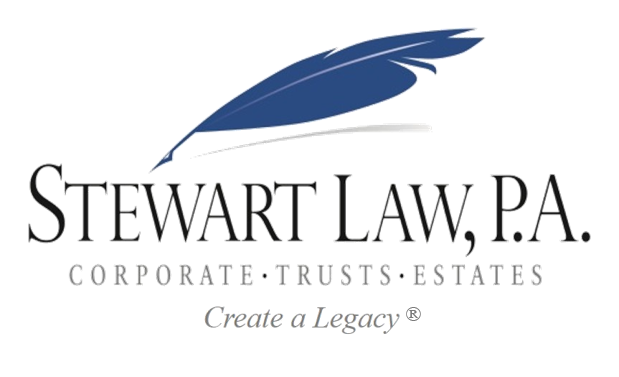Potential for Scams in Estate Administration

Critical to the success and smooth administration of any estate plan is proper funding and allocation of assets. Generally this means making sure that each account, vehicle, parcel of real property, or any other asset is titled in such a way (or has a beneficiary designation) such that the asset will pass as the owner intends with as little delay, cost, and general harangue as possible.
Ensuring that title to real property parcels is proper most often requires transferring real property – into tenancy by the entirety with a spouse, jointly with another owner, or into a trust, limited liability company, or other entity. Transferring real property in North Carolina takes place by execution and recordation of a deed.
When deeds are drafted, signed before a notary public, and recorded in the Register of Deeds of the County in which the property lies, it becomes a public record. Certain unscrupulous predators will scrape the public records, either the Register of Deeds or the County Tax Assessor, to look for recent transfers of property. These malicious actors then use the information on those deeds, namely the mailing address of either the grantor or the grantee (transferor and transferee of the property, respectively) to send mailings or even phishing emails in an attempt to create victims of the parties to the transfer.
Whenever you transfer real property, be on the lookout for unusual correspondence claiming there has been a problem with the transfer or related insurance matters. Often, the scammer will send correspondence that appears to be from a legitimate government agency claiming that action needs to be taken to avoid some dire consequence. If you receive a letter stating that you must pay a service fee for your deed, do not pay it without independent verification – it could be a scam.
These mailings often feature language such as a claim that the letter is a “Recorded Deed Notice.” The letter may look like an invoice and include a document number or recording identification number – and it may even be correct! Remember that these scammers have used legitimate government records to try and spoof government communication. The letters will also generally include a “respond by” or other due date, often with a short time horizon, in an attempt to create pressure. Other accurate details about the property, including address, parcel number and date of recordation, purchase, or transfer, often make the letters appear official. Sometimes, you may see in fine print a disclaimer that the mailing is not a bill from a government agency and there is no obligation to pay unless you want to purchase a property assessment profile. The Register of Deeds, or the attorney or title agent assisting you, should return a recorded copy of the deed to you free of charge. When you retain our firm to prepare and record deeds, we will provide a copy of the recorded deed as soon as we receive it back from the Register of Deeds.
About the Author
![]()
![]()

S. Blaydes Moore, JD
Attorney
